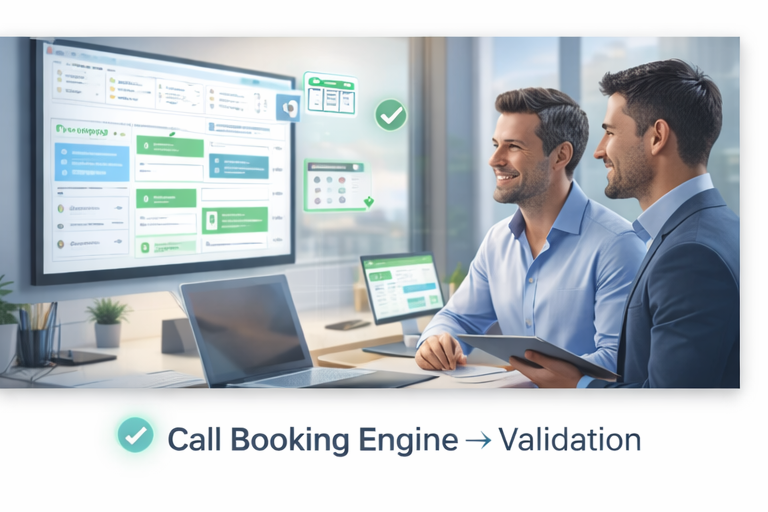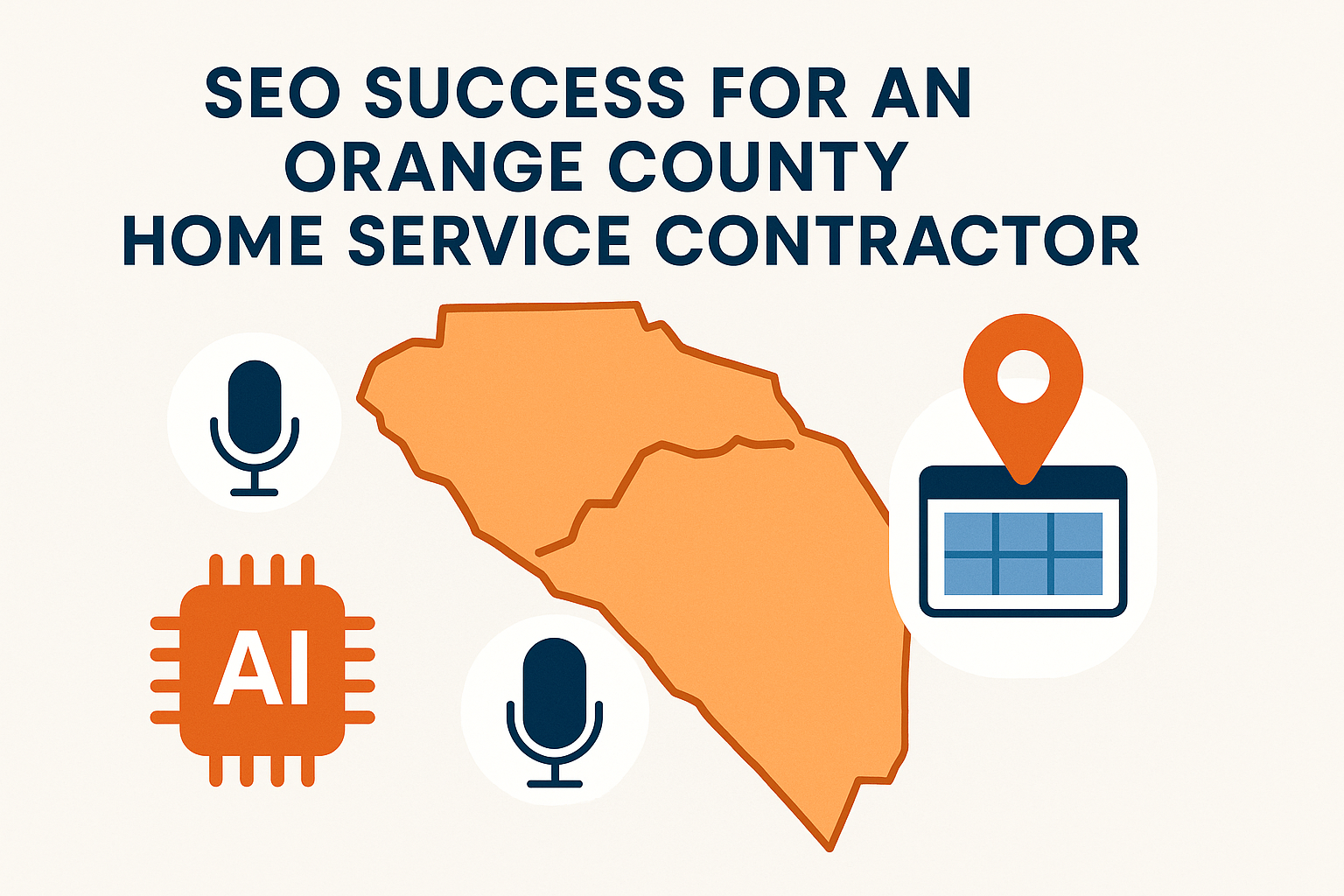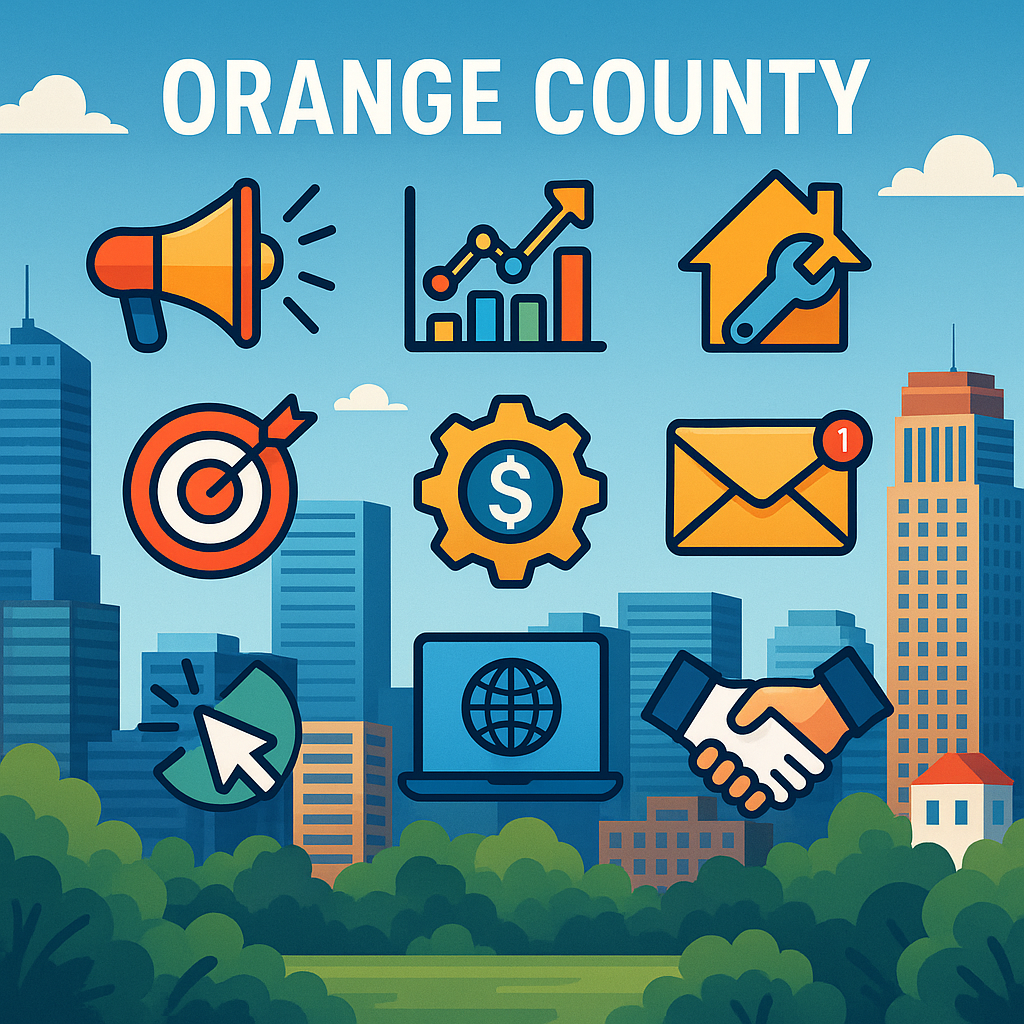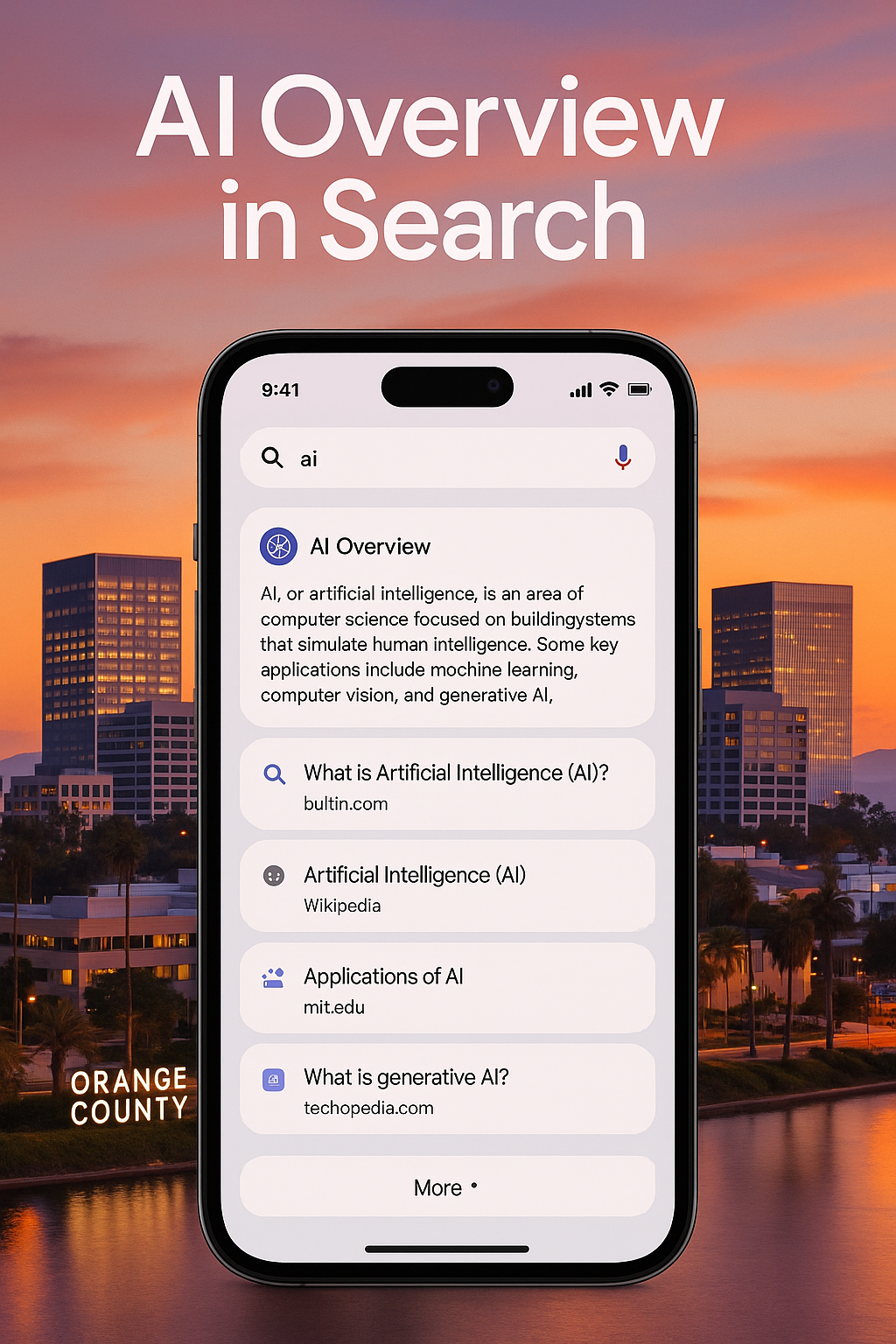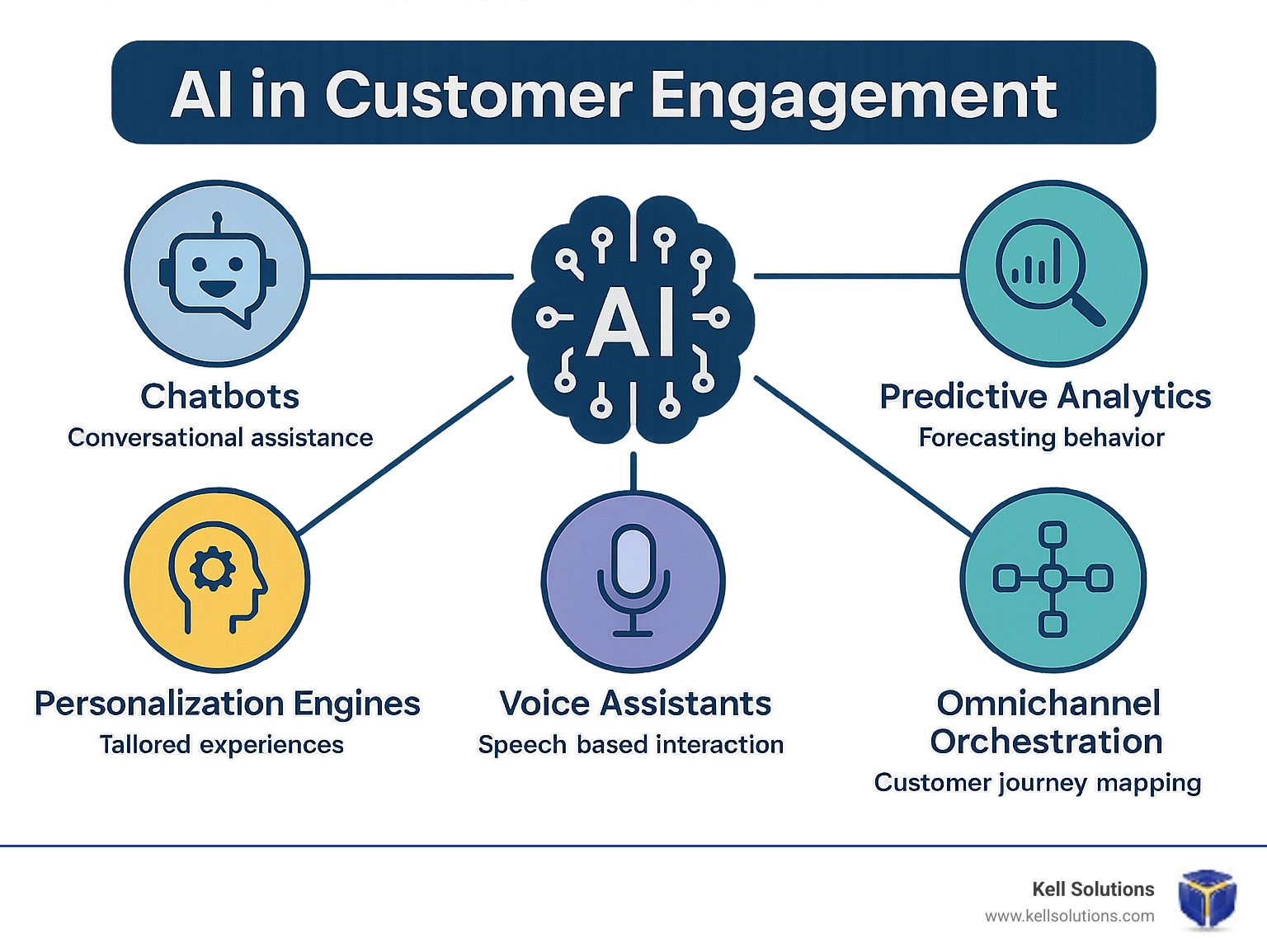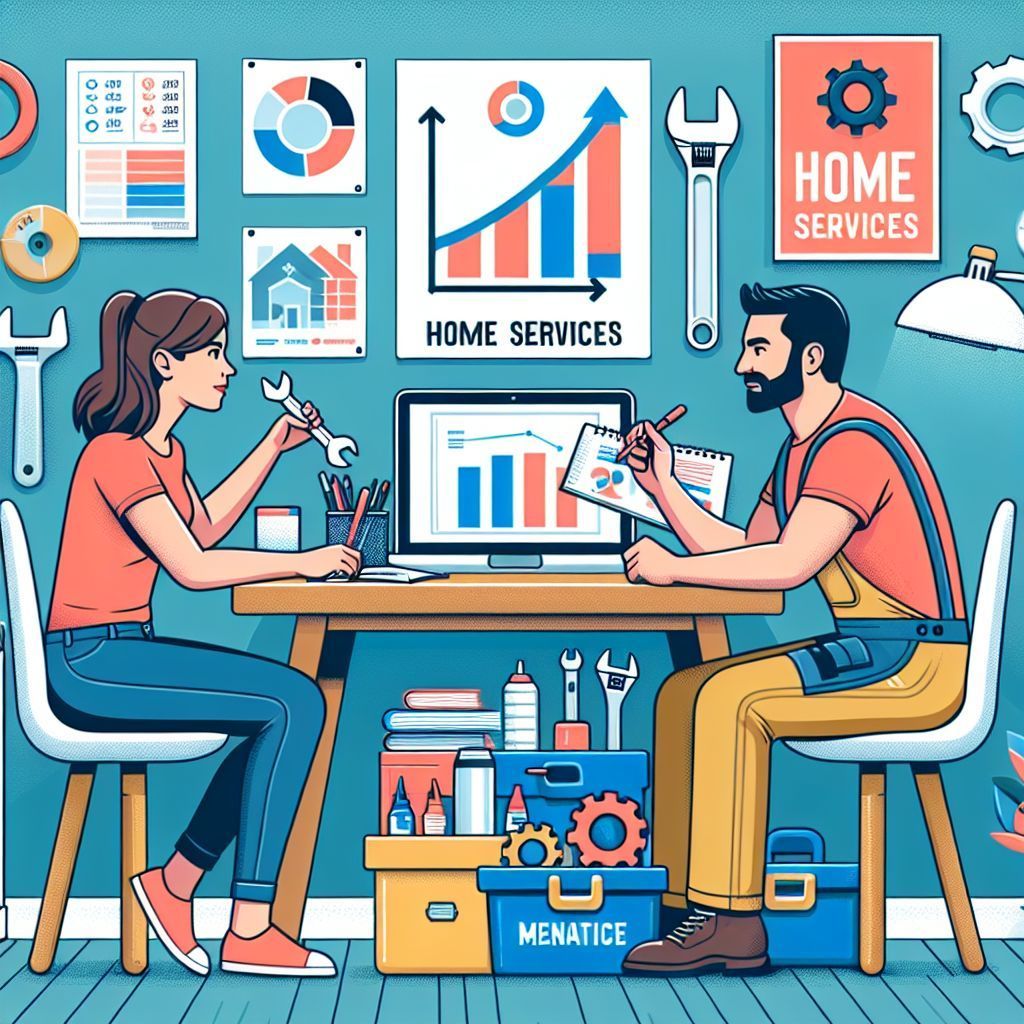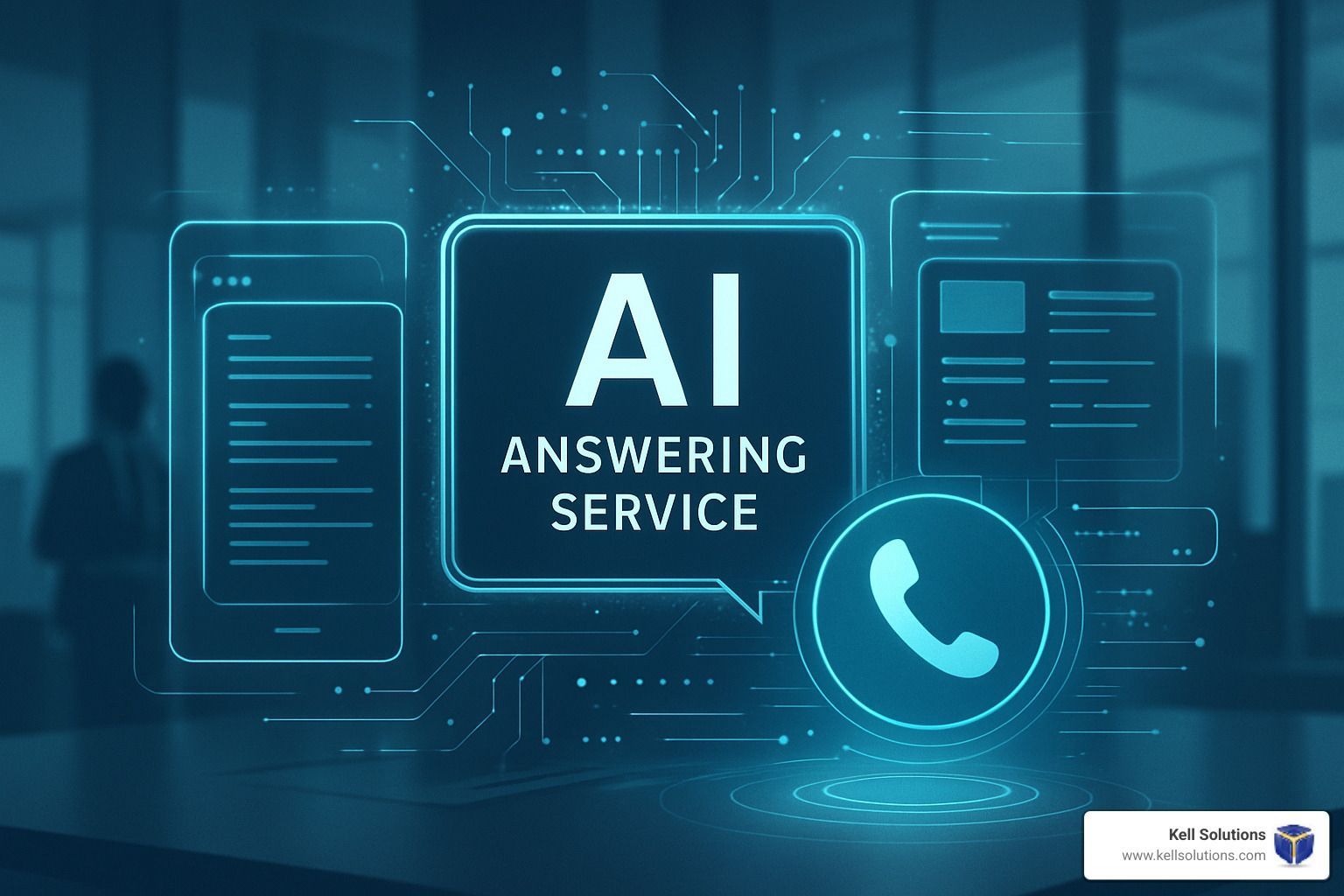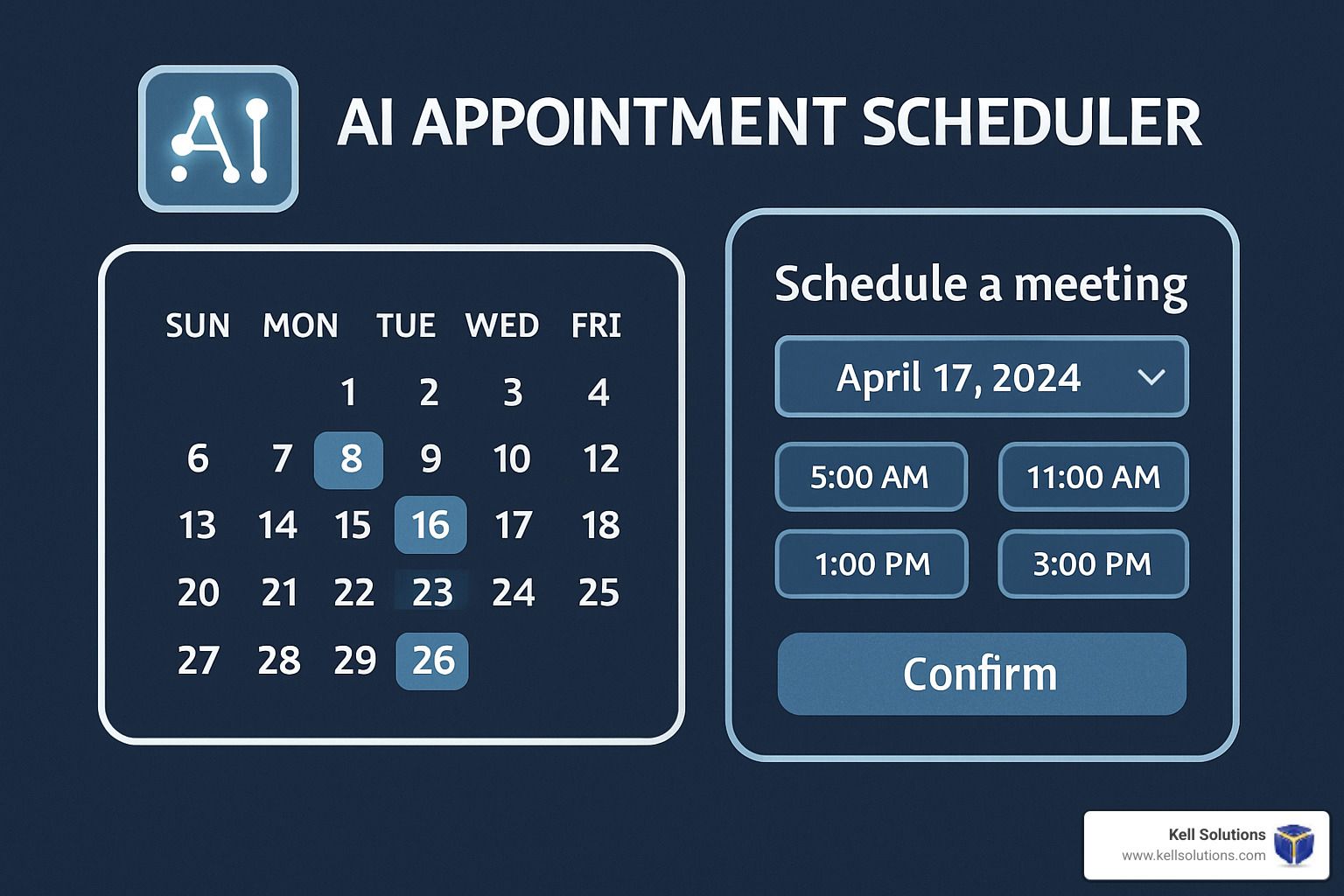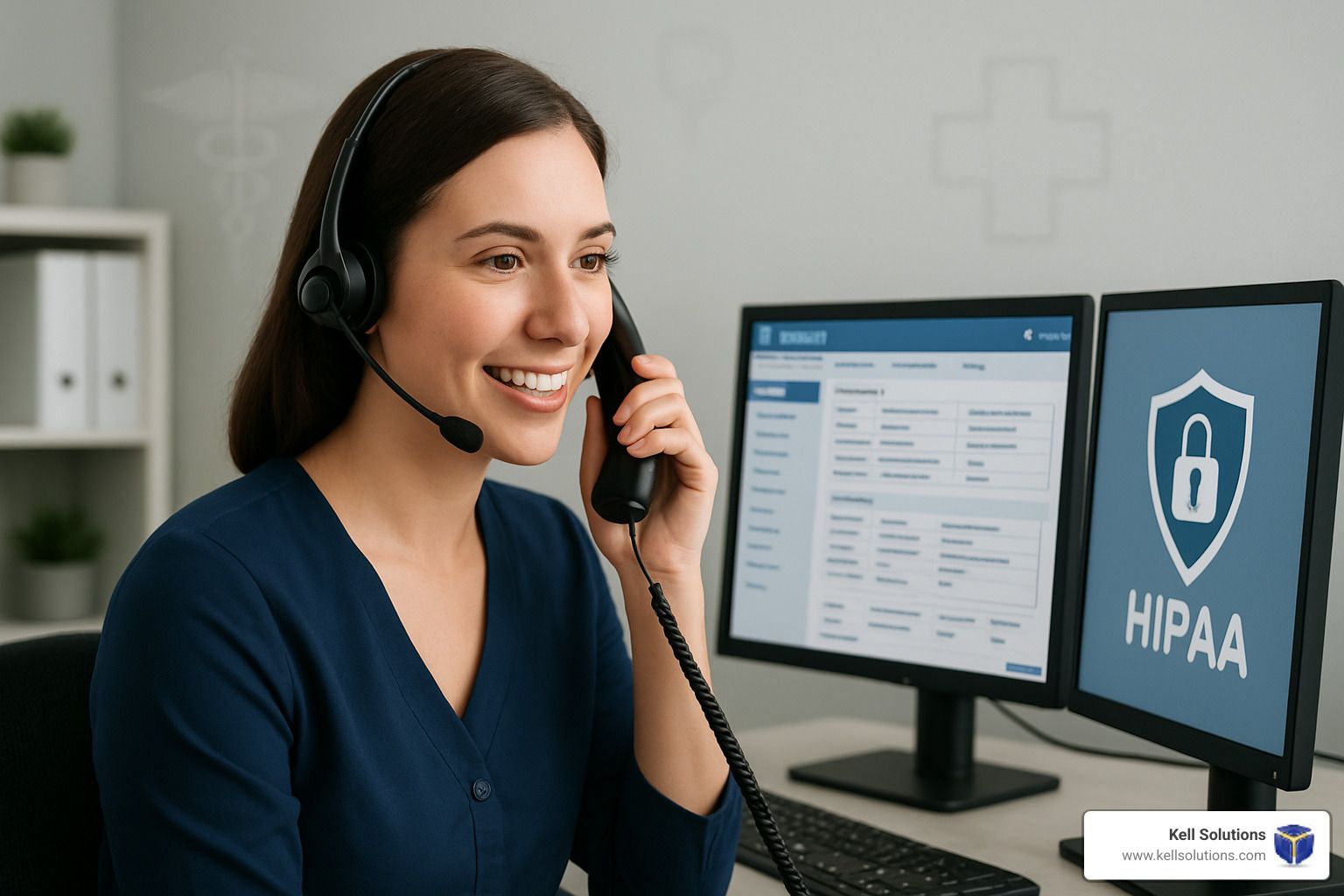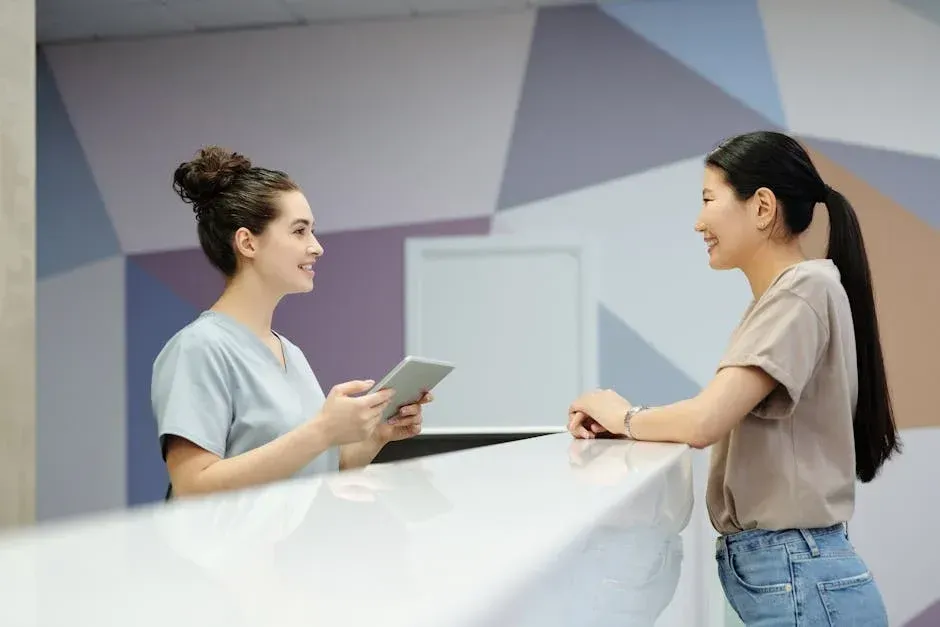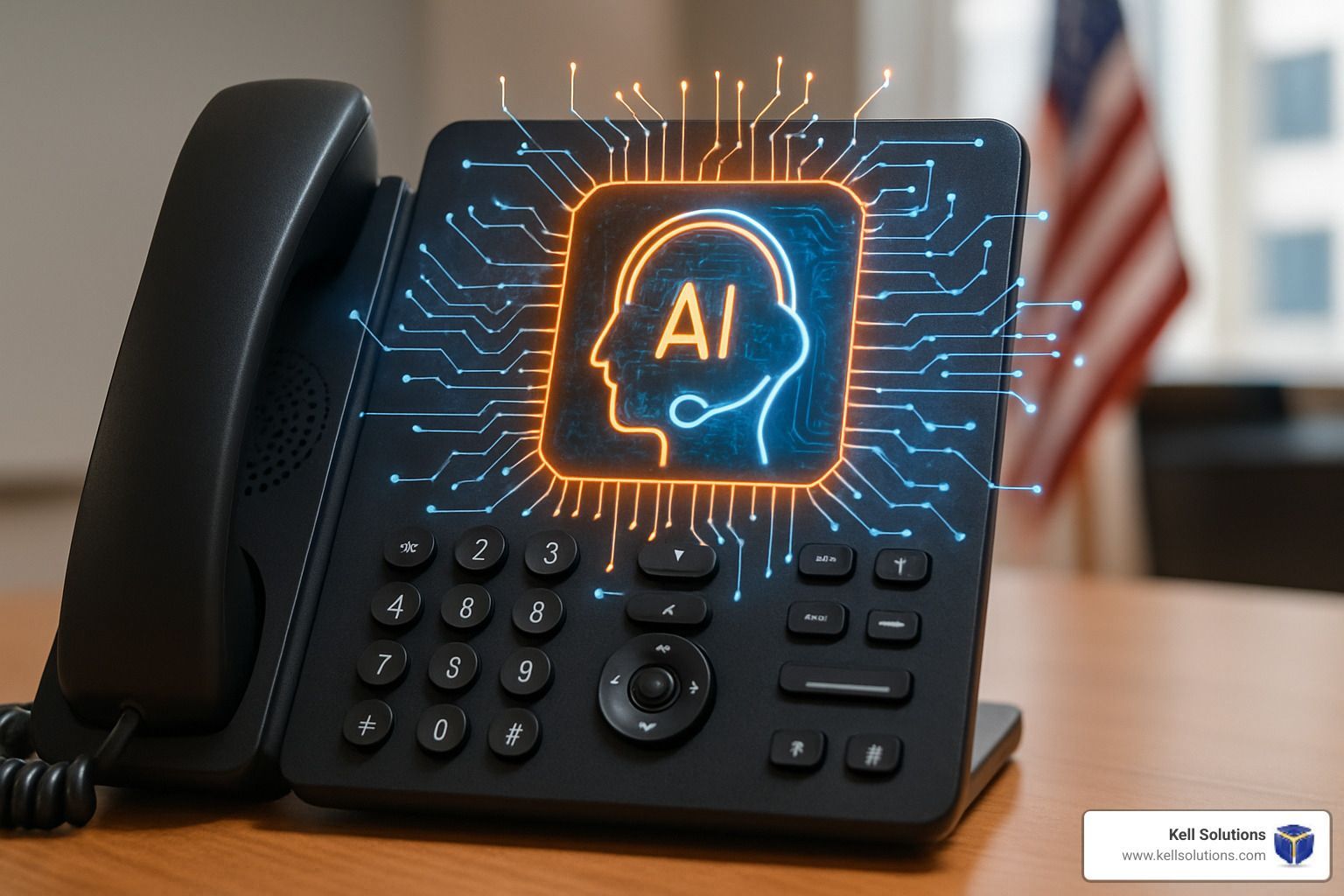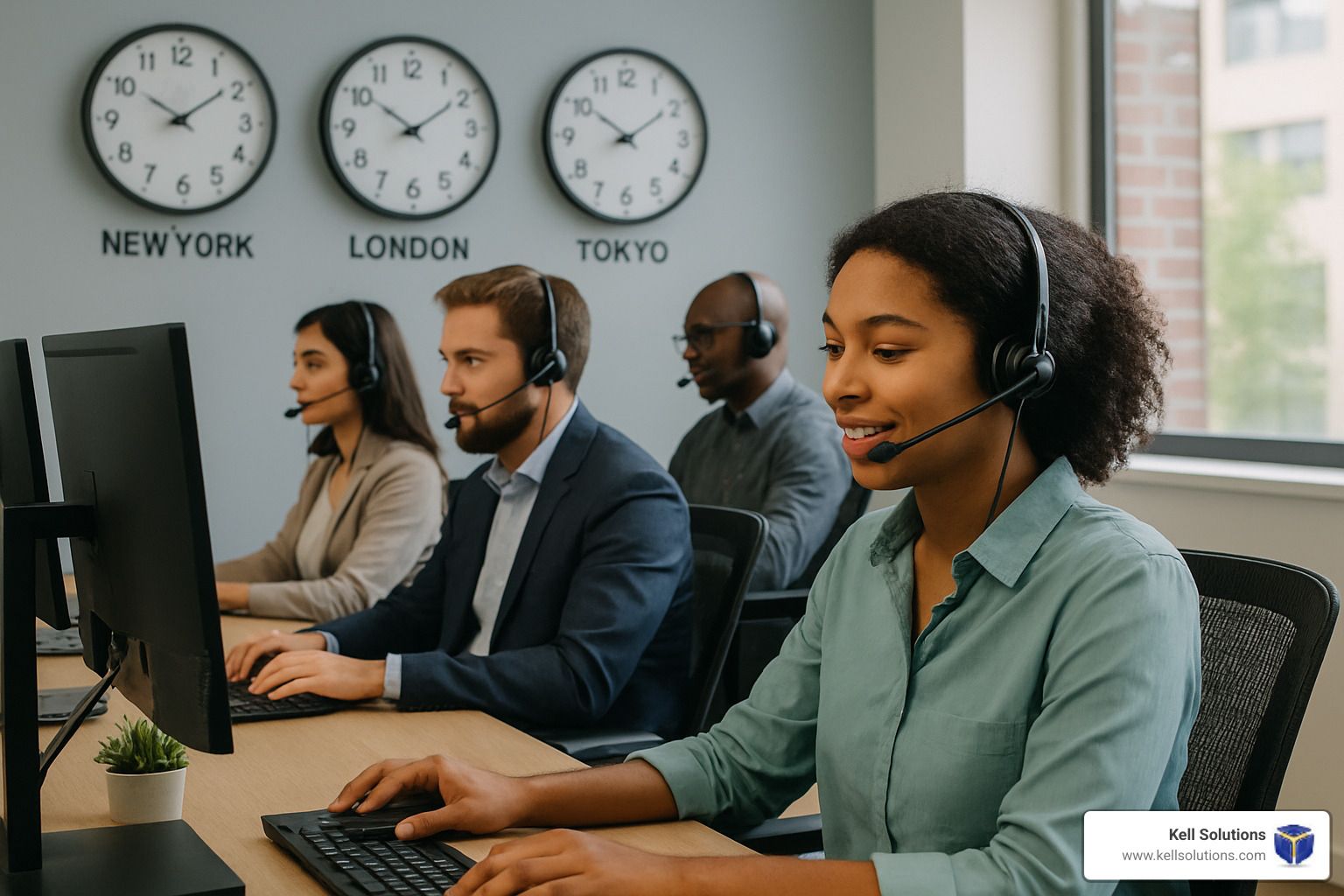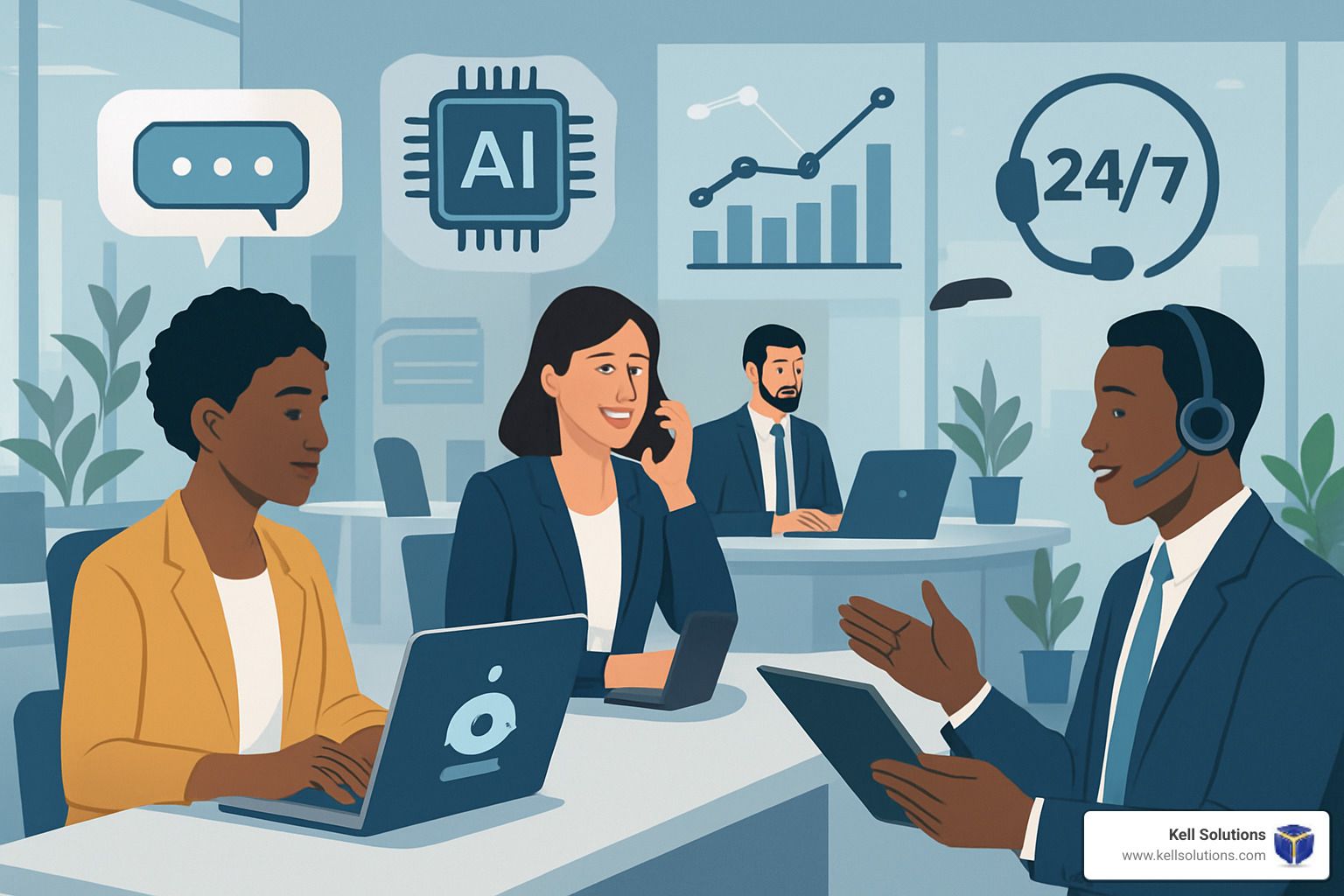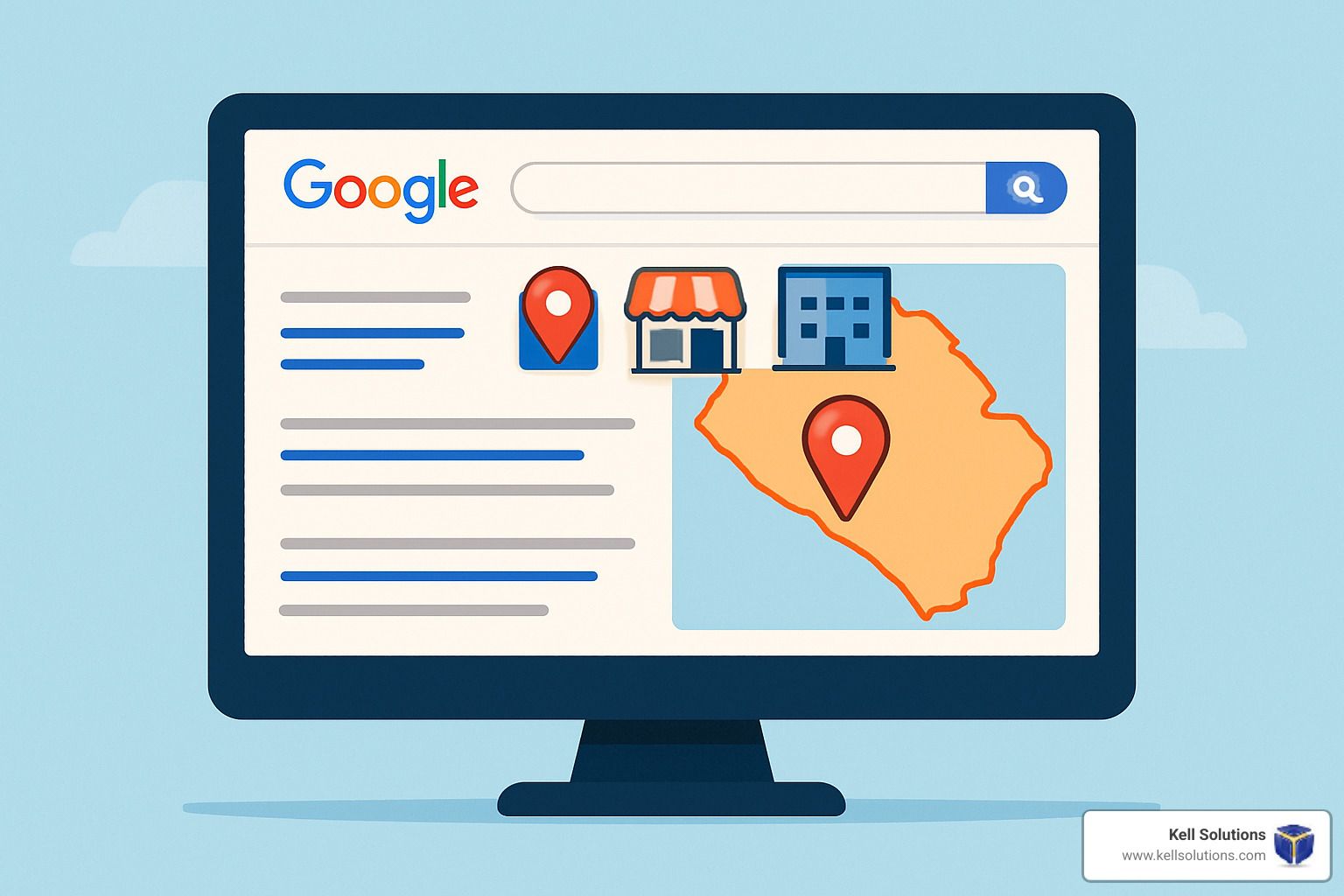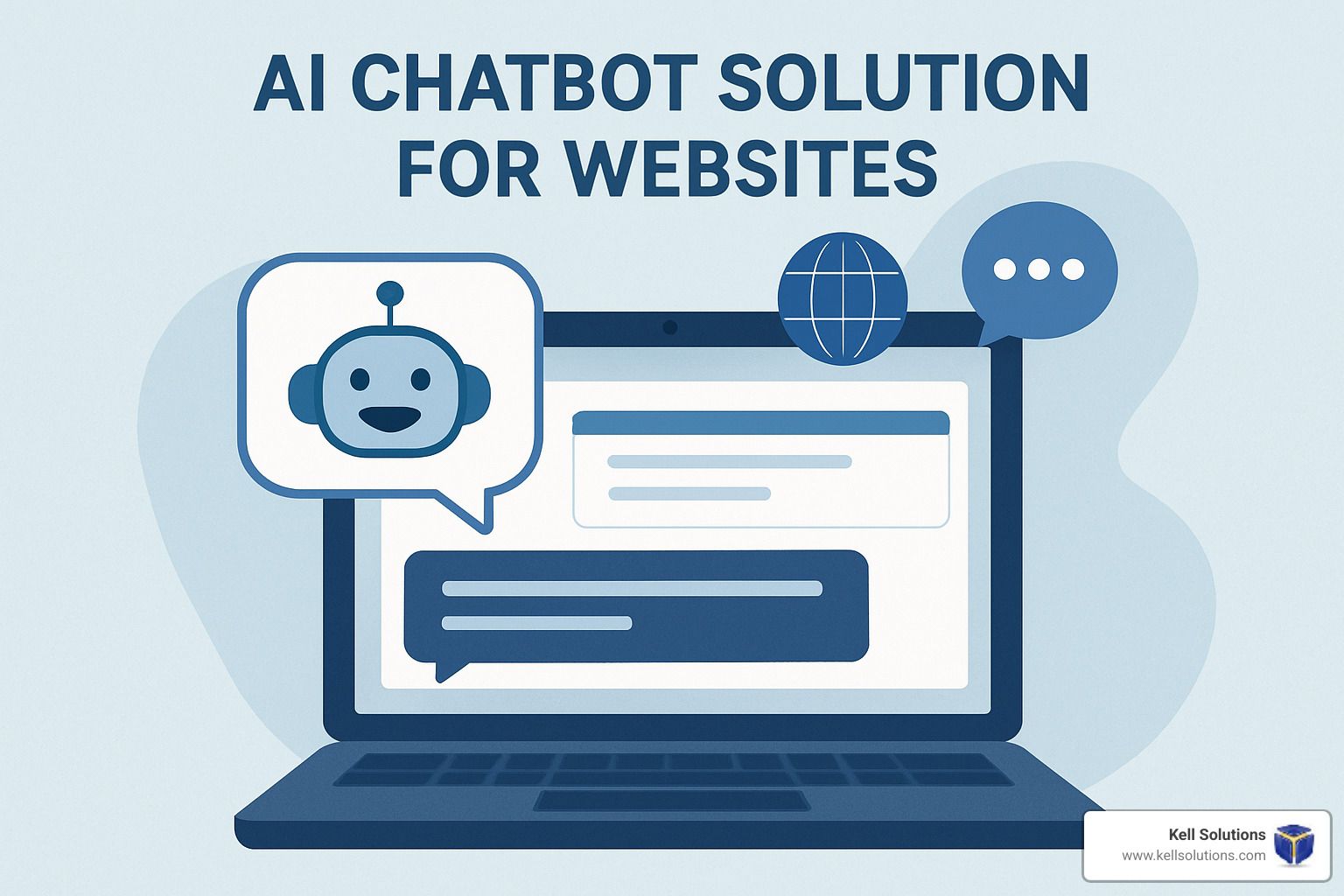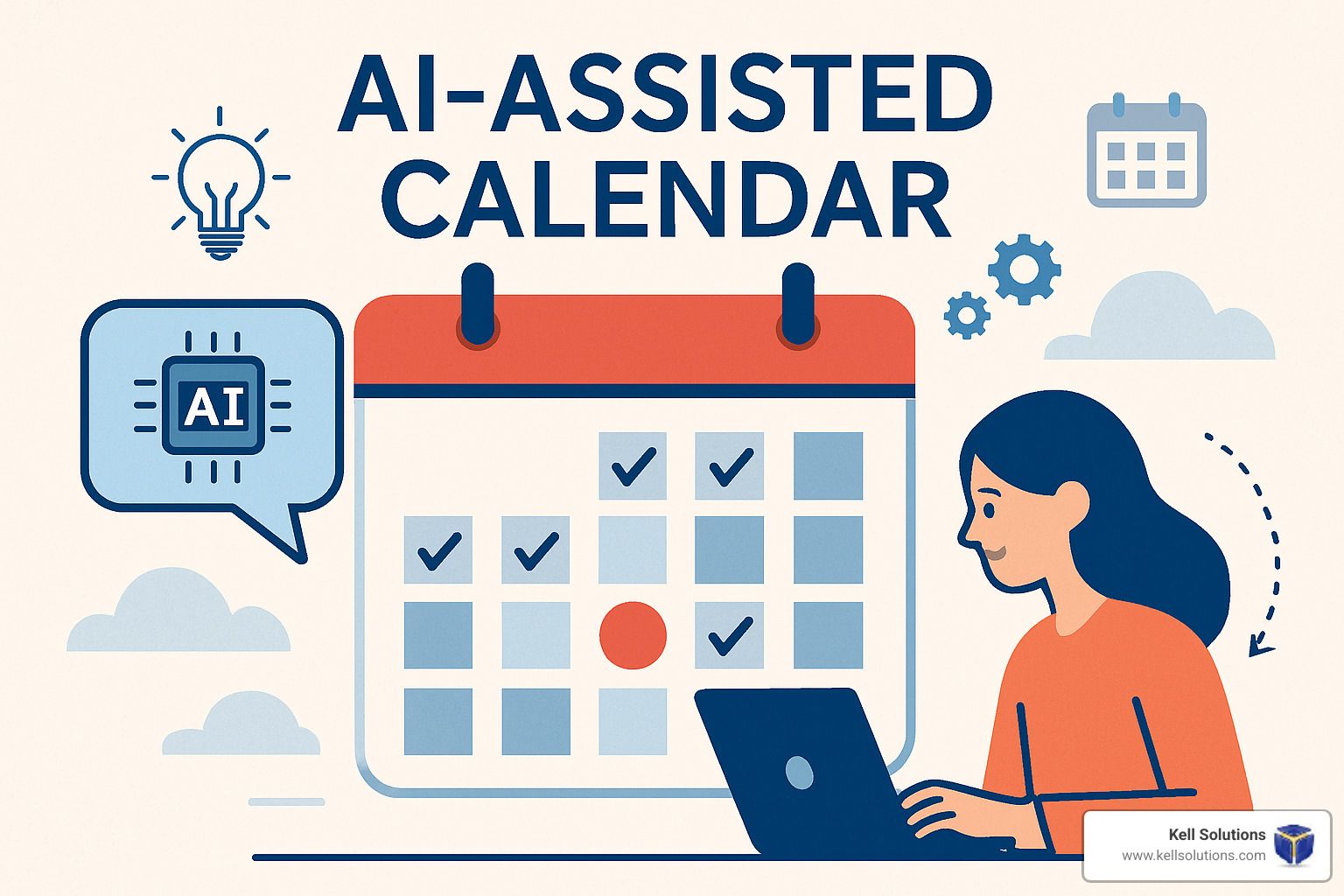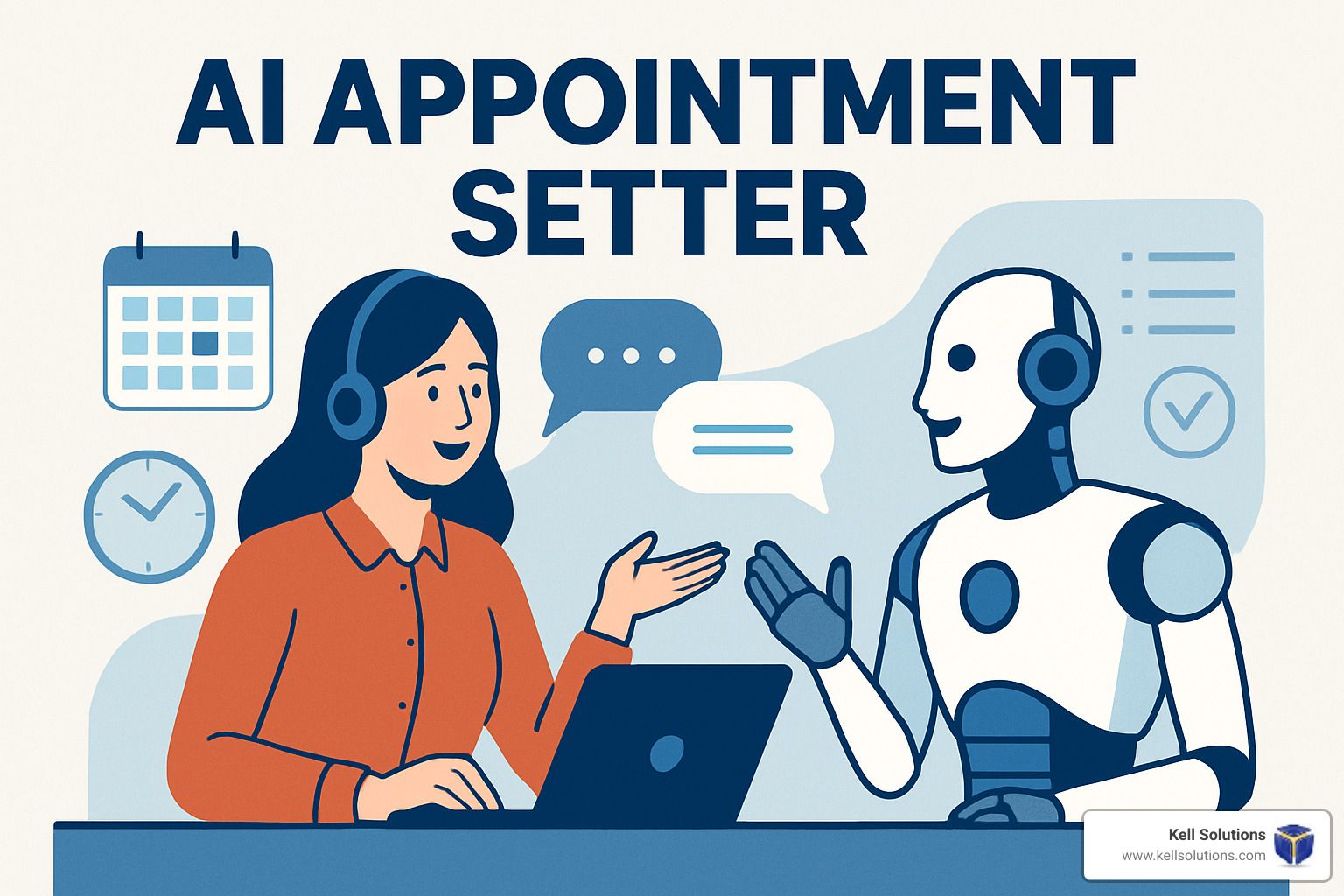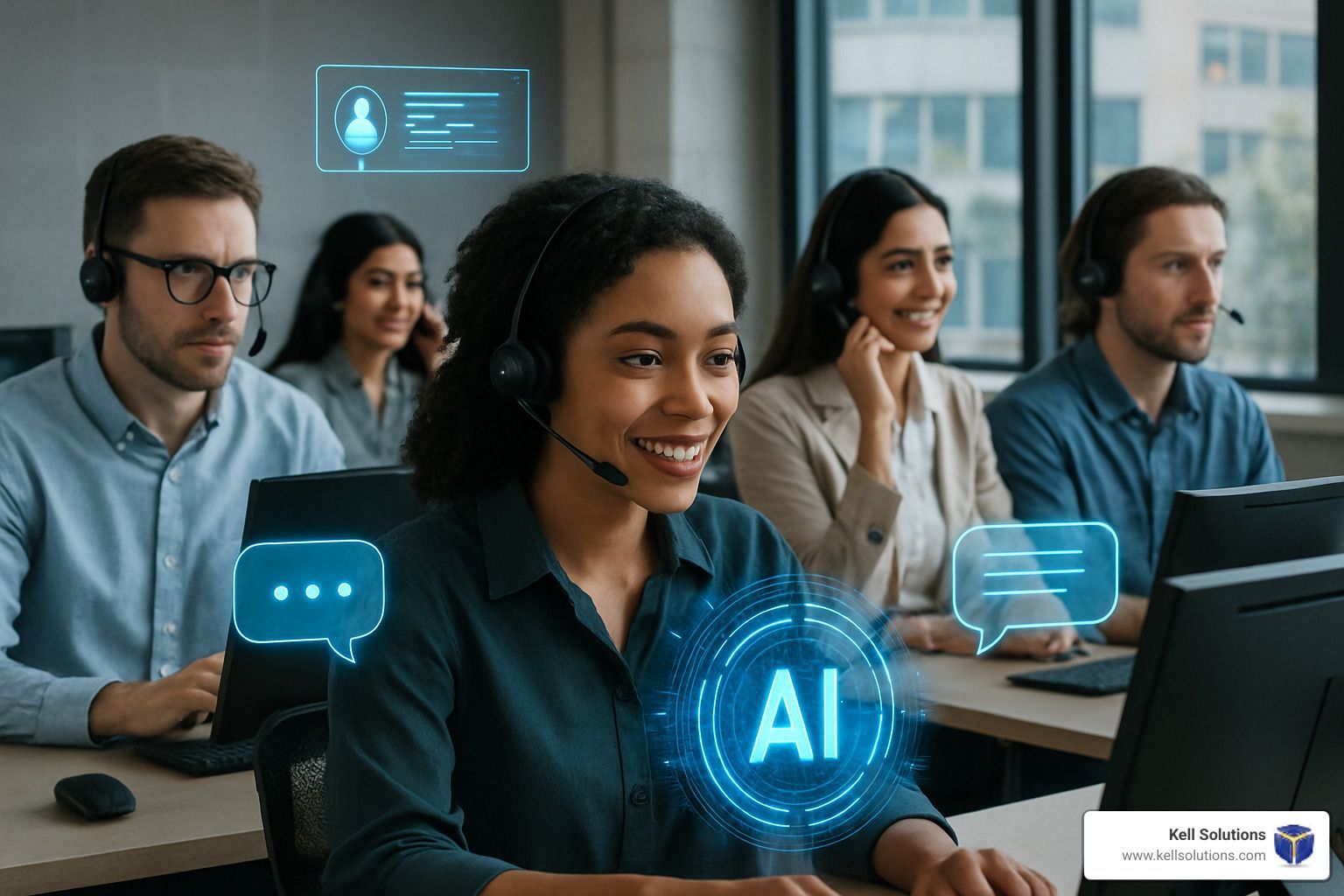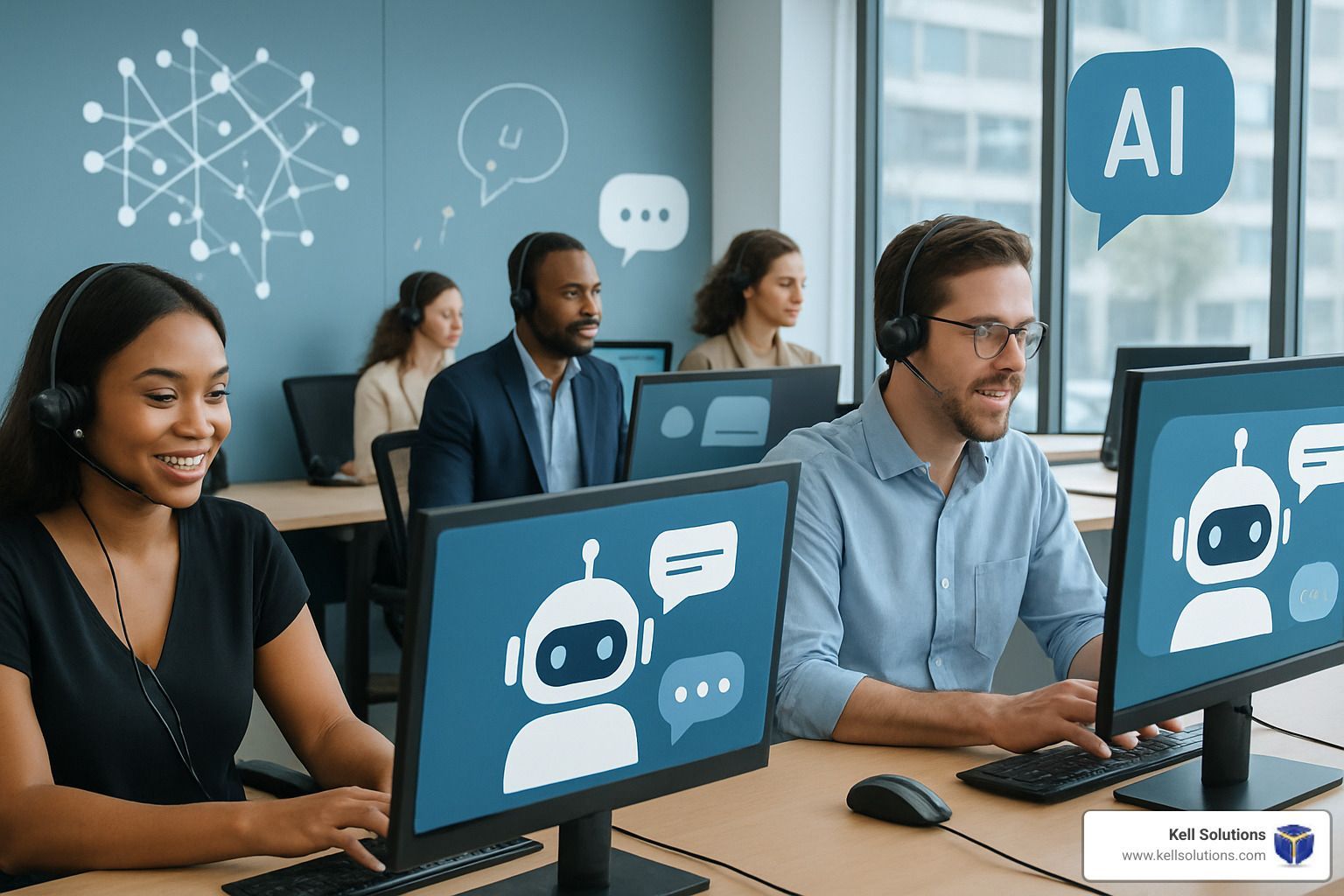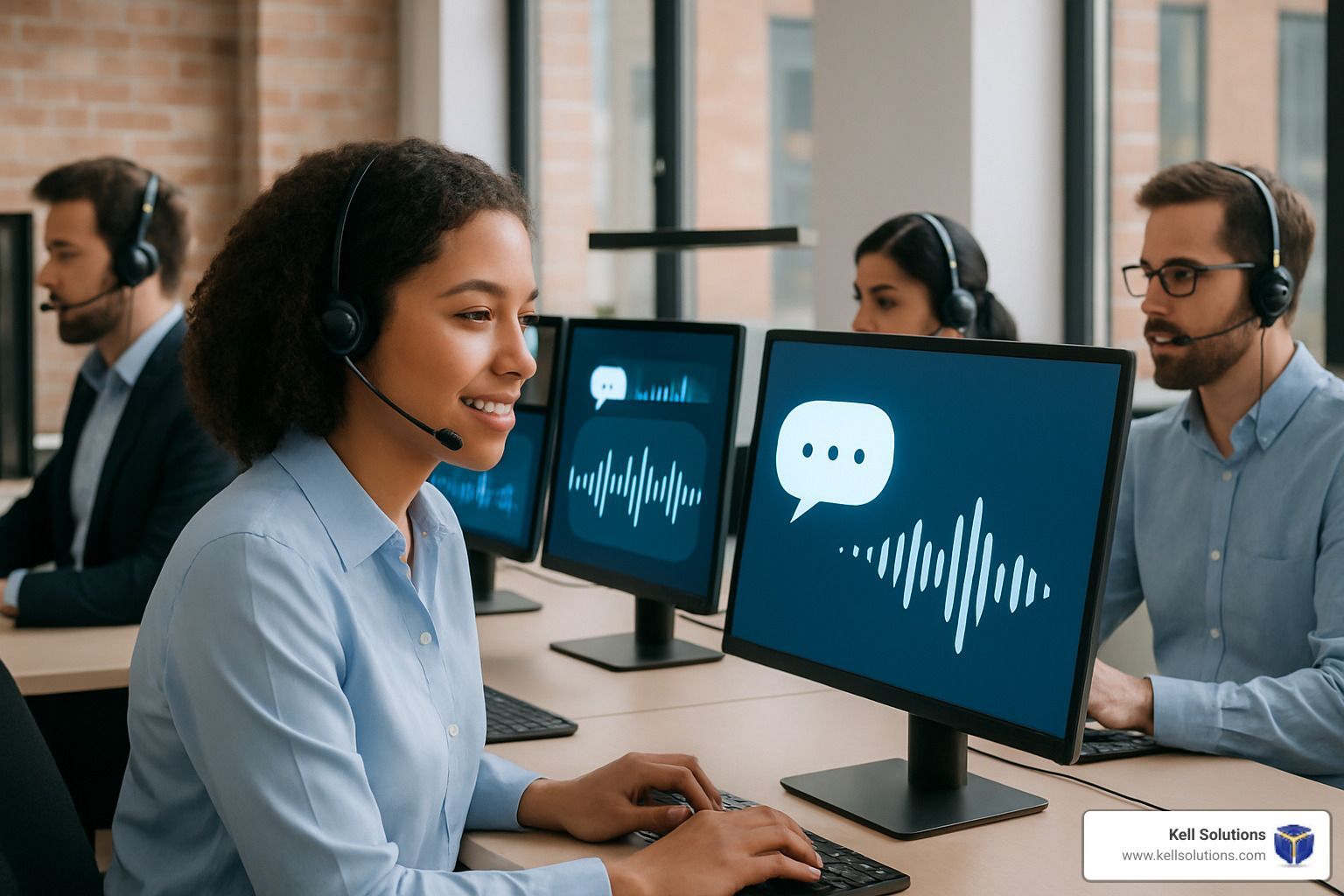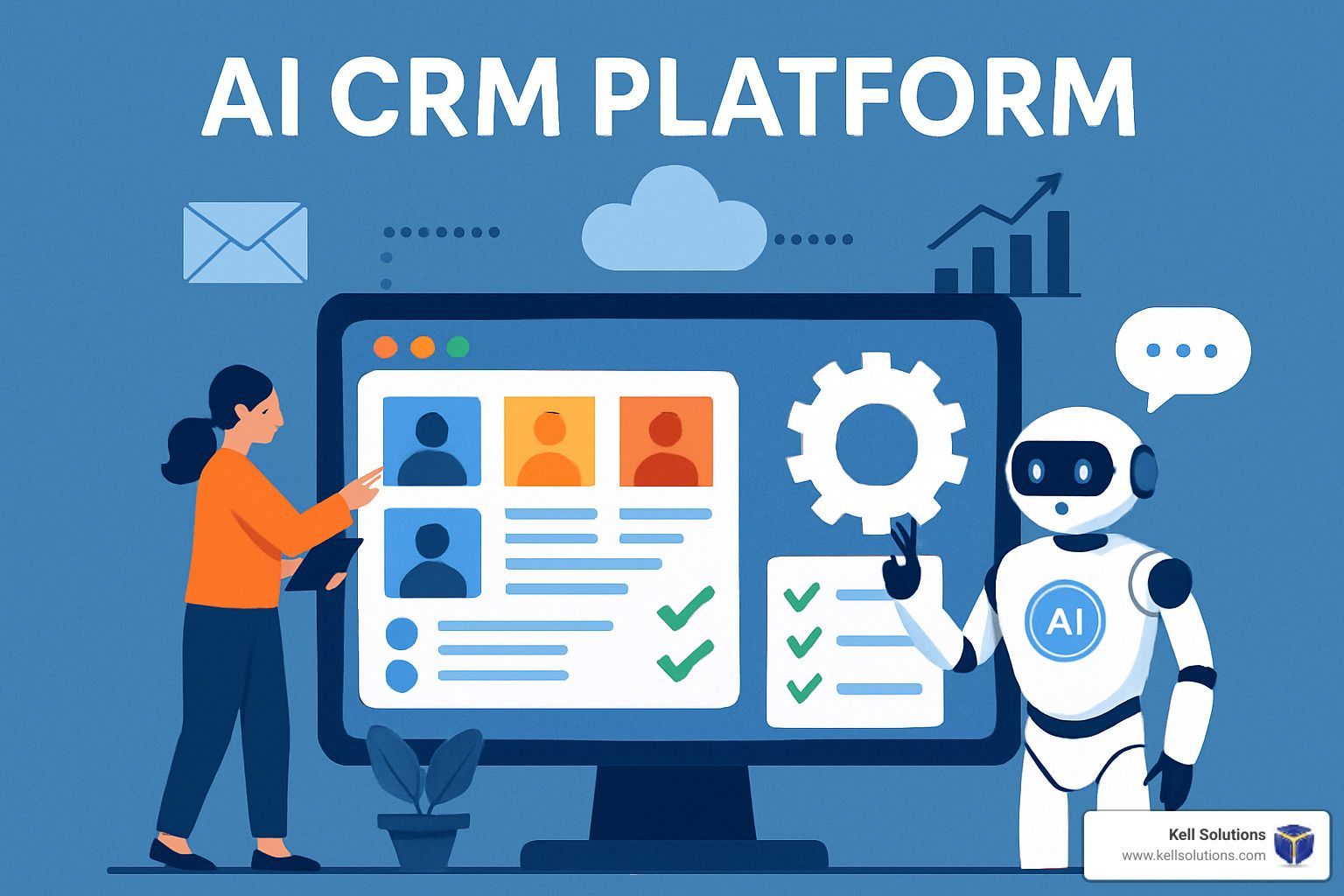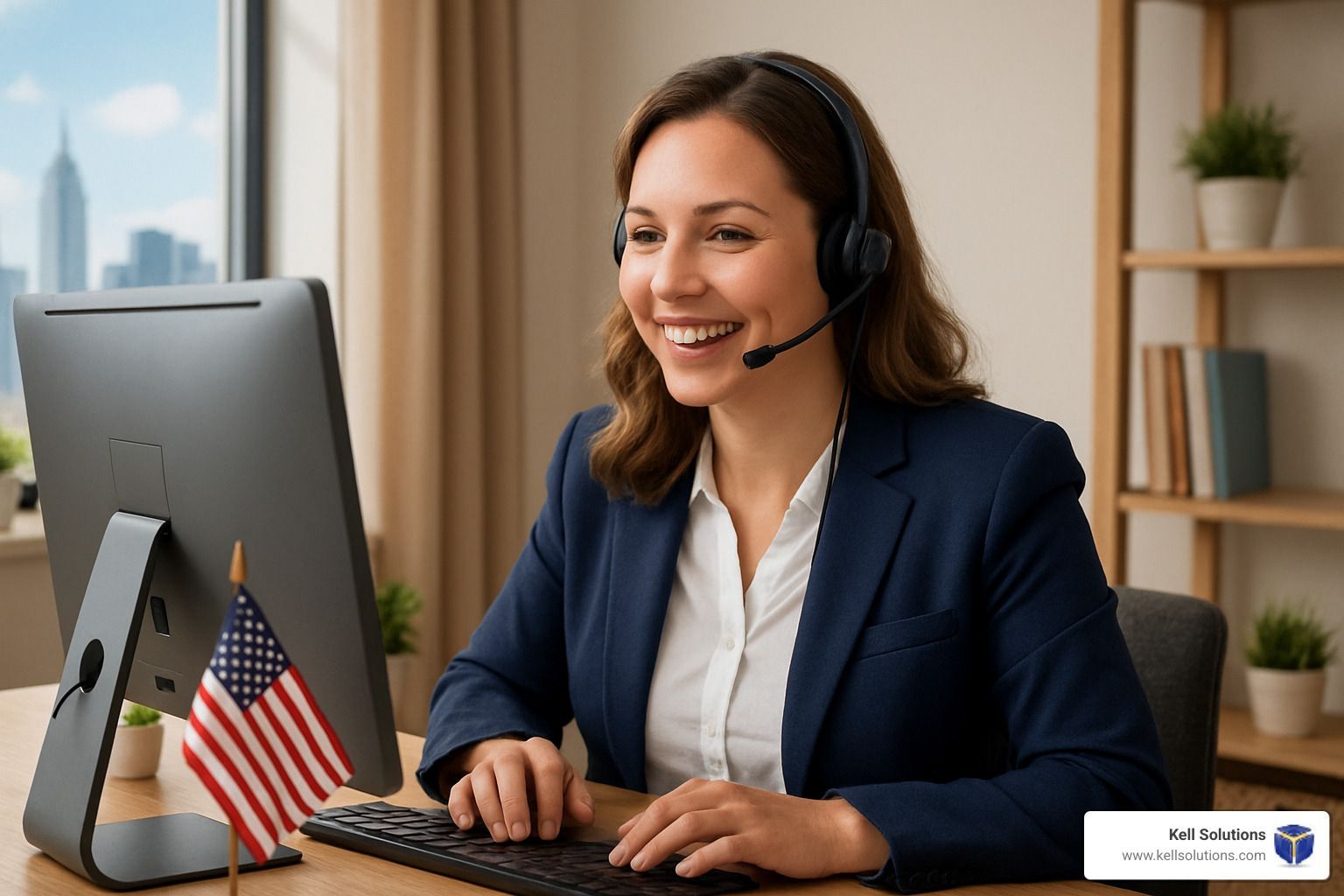Orange County Virtual Medical Receptionist Service: 70% Cost Savings & 24/7 Patient Care
Why Your Orange County Medical Practice Needs a Virtual Receptionist Solution
A virtual medical receptionist service Orange County connects your practice with trained professionals who handle patient calls, scheduling, and administrative tasks remotely through advanced phone systems and secure technology platforms. Local practices from Irvine to Newport Beach are discovering how these services transform patient satisfaction while reducing operational costs.
Key features of virtual medical receptionist services:
- 24/7 call coverage – Never miss a patient call, even after hours
- HIPAA-compliant handling – Secure patient data management and privacy protection
- Appointment scheduling – Direct booking into your existing calendar system
- Insurance verification – Pre-visit eligibility checks and authorization handling
- Cost savings – Up to 70% reduction in staffing expenses vs. in-house receptionists
- Bilingual support – Serve diverse patient populations effectively
- Emergency triage – Proper routing of urgent calls to on-call providers
Every missed call in your medical practice represents lost revenue and frustrated patients. Research shows that 9 out of 10 practices lose business due to missed calls( Healthcare Finance News ), while virtual receptionist services can help practices increase appointments by up to 20%.
The traditional approach of hiring full-time reception staff comes with significant overhead—salary, benefits, training, and coverage challenges during sick days and vacations. Virtual medical receptionist services solve these problems by providing consistent, professional coverage at a fraction of the cost.
As Gregg Kell, founder of Kell Web Solutions in Laguna Beach with over 25 years of experience helping Orange County healthcare practices streamline operations, I've seen how the right virtual medical receptionist service can transform patient satisfaction and practice profitability. Through innovative solutions like VoiceGenie AI, practices can ensure every patient interaction is handled professionally while reducing administrative burden on clinical staff.

What Is a Virtual Medical Receptionist Service?
A virtual medical receptionist service is your practice's remote front desk team with specialized healthcare training. These aren't generic answering services—they're trained healthcare professionals who understand medical terminology, insurance processes, and patient needs.
Virtual medical receptionists are specifically trained for healthcare. They know the difference between urgent chest pain calls and routine prescription refill requests, ensuring appropriate handling of every patient interaction.
Using Voice over Internet Protocol (VoIP), virtual receptionists answer calls through your practice's existing phone numbers. Patients experience seamless service without knowing they're speaking to someone remotely located.
Modern virtual medical receptionist services combine live human agents for complex patient conversations requiring empathy and clinical judgment with AI-powered automation for routine tasks like appointment confirmations and basic inquiries.
One major advantage is scalability. During busy periods like flu season, virtual services instantly adjust coverage without scrambling to hire temporary staff or asking current teams to work overtime.
For more detailed information about how virtual medical services can transform your practice operations, check out our virtual medical services page .
How the Virtual Medical Receptionist Service Works
When patients call your practice number, sophisticated call forwarding routes calls via VoIP to trained virtual receptionists with secure access to your scheduling system and patient records.
Intelligent call triage allows virtual receptionists to quickly assess and handle each call appropriately. Routine appointment requests are handled immediately, while urgent medical concerns are escalated to clinical staff following your practice's specific protocols.
Virtual receptionists maintain secure EMR access through encrypted connections and role-based permissions, allowing them to check appointment availability, verify patient information, and review insurance details just like in-house staff.

Types of Orange County Practices That Benefit
Primary care practices throughout Orange County benefit from virtual services handling constant appointment requests, prescription refills, and patient inquiries that can overwhelm front-desk staff. Family medicine, internal medicine, and pediatric practices see immediate relief.
Specialty clinics in cities like Irvine and Newport Beach benefit even more due to complex scheduling needs. Dermatology practices coordinating multiple procedures or orthopedic clinics managing surgery schedules alongside regular appointments find virtual receptionists excel at handling intricate logistics and insurance requirements.
Telehealth providers find virtual services valuable since patients often span multiple time zones. Virtual receptionists coordinate video consultations, provide technical support, and handle remote care delivery challenges.
Allied health practices —including physical therapy, occupational therapy, and mental health providers—often operate with lean teams where one absence creates chaos. Virtual services provide consistent coverage these practices need.
Core Tasks That Lift Patient Experience
Virtual medical receptionists handle comprehensive tasks that directly impact patient satisfaction and practice efficiency. Professional call answering ensures every patient interaction begins with a knowledgeable voice rather than automated systems or lengthy hold times.
Appointment scheduling becomes seamless when virtual receptionists have real-time access to provider calendars, immediately booking, rescheduling, or canceling appointments while patients are on the line. This eliminates frustrating phone tag.
Insurance verification services dramatically reduce appointment delays and claim denials. By checking patient eligibility and benefits before scheduled visits, practices address coverage issues proactively rather than finding problems at check-in.
For practices looking to improve scheduling capabilities, our AI-Powered Appointment Scheduling solution provides advanced automation features.
Appointment Scheduling & Management with a Virtual Medical Receptionist Service
Effective appointment scheduling through a virtual medical receptionist service optimizes provider schedules by understanding appointment types, duration requirements, and patient preparation needs.
Calendar synchronization ensures virtual receptionists have real-time visibility into provider availability across multiple locations, preventing double-booking and allowing immediate appointment confirmation.
Automated reminder systems integrated with virtual services significantly reduce no-show rates. Personal reminder calls allow patients to reschedule if needed, keeping provider schedules full and maximizing practice revenue.
After-Hours & 24/7 Coverage Keeps Phones Quiet
After-hours coverage ensures patient calls are handled professionally when your office is closed. This 24/7 availability significantly improves patient satisfaction scores and reduces burden on on-call clinical staff.
Overflow handling during peak times prevents busy signals or lengthy hold times. Virtual receptionists seamlessly handle call volume spikes during flu season, after holidays, or following marketing campaigns.
Emergency triage protocols ensure urgent calls are immediately routed to appropriate clinical staff while routine inquiries are managed according to standard procedures.
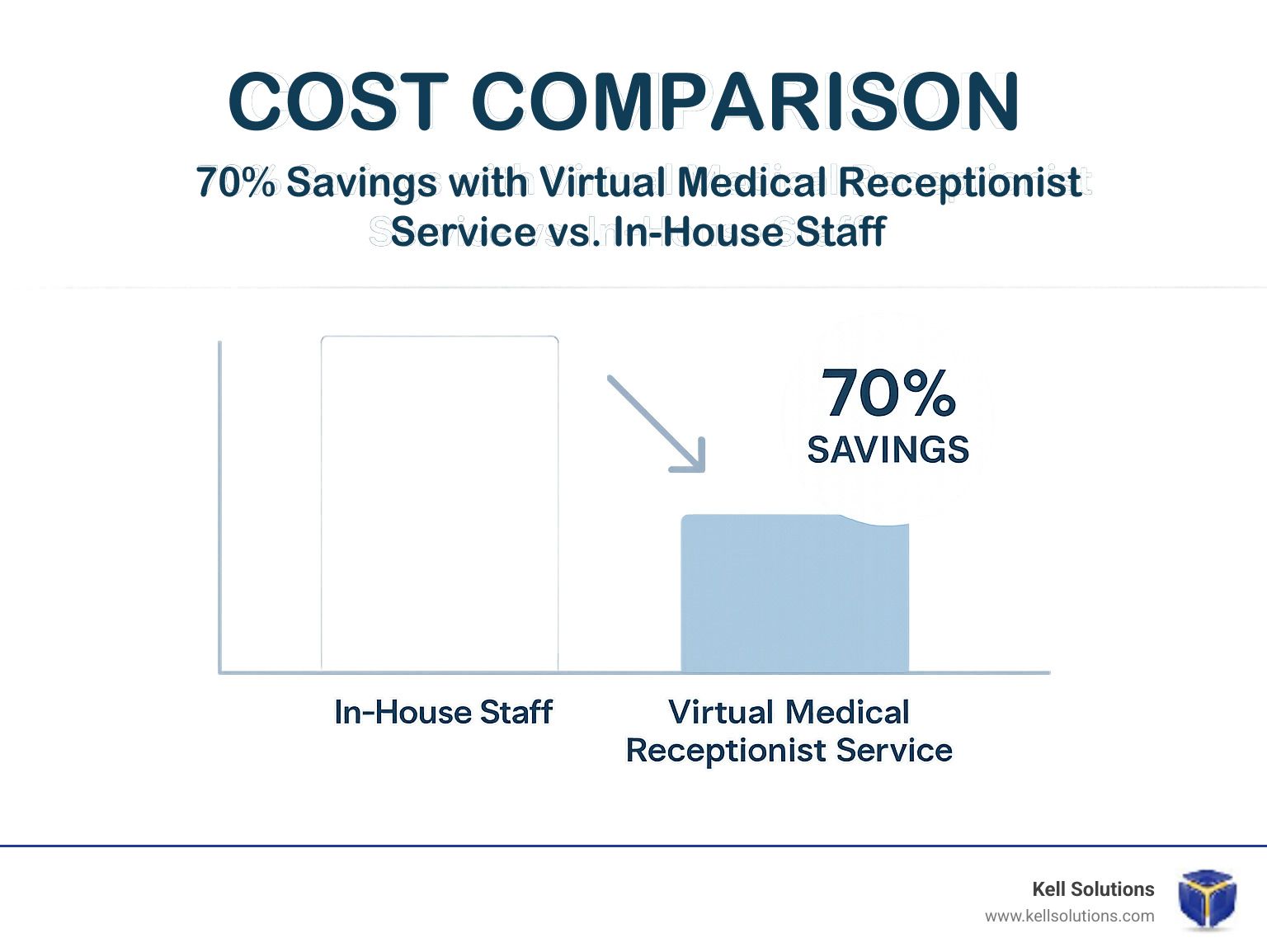
Benefits & Cost Comparison vs. In-House Staff
Virtual medical receptionist services offer compelling financial advantages. Orange County medical practices can reduce operating expenses by up to 70% compared to hiring in-house reception staff when factoring in salary, benefits, training, and overhead costs.
Unlike in-house employees, virtual receptionists don't require paid time off, sick leave, or vacation coverage. This eliminates short-staffed reception desks during staff absences and ensures consistent patient service year-round.
Predictable billing structures allow practices to budget accurately without worrying about overtime, benefits increases, or unexpected staffing expenses that impact profitability.
HIPAA Compliance, Security & Seamless Integration
A professional virtual medical receptionist service must meet the highest HIPAA compliance standards with no room for compromise.
Comprehensive HIPAA training for all staff members handling patient calls includes rigorous education on privacy regulations, proper handling of protected health information, and specific protocols for healthcare communications.
Encryption protocols protect every piece of patient data flowing between your practice and virtual reception teams. This includes encrypted voice transmission and secure access to EMR/EHR systems.
For practices interested in cutting-edge technology, our AI Receptionist service combines advanced automation with full HIPAA compliance.

Choosing the Right Partner & Best Practices
Finding the perfect virtual medical receptionist service isn't just about comparing prices—it's about finding a partner that truly understands healthcare. The wrong choice creates more headaches than solutions, while the right partner transforms your entire patient experience.
Healthcare experience should be your first filter. Many virtual receptionist companies handle general businesses, but medical practices have unique needs. You need providers understanding medical terminology, insurance verification, and sensitive patient conversations.
According to research on patient satisfaction , practices using professional virtual receptionist services see measurable improvements in patient satisfaction scores and retention rates.
Frequently Asked Questions about Virtual Medical Receptionist Services
What qualifications and training do virtual medical receptionists have?
When choosing a virtual medical receptionist service, you're getting much more than just someone who answers phones. These professionals typically bring real healthcare experience to your practice—many have worked as medical assistants, registered nurses, or healthcare administrators before transitioning to virtual reception work.
Can they integrate with my existing EMR/EHR and phone system?
This is probably the most common concern practices have, and the good news is that modern virtual medical receptionist services are designed to work with virtually any system you're already using. Whether you're running Epic, Cerner, Allscripts, or another major EMR/EHR platform, integration is typically straightforward and secure.
What does coverage look like for weekends, holidays, and emergencies?
One of the biggest advantages of a virtual medical receptionist service is that you get true 24/7 coverage—including weekends, holidays, and those unexpected busy periods when your phone won't stop ringing.
How do virtual receptionists handle Orange County's diverse patient population?
Many virtual medical receptionist services offer bilingual support, particularly Spanish-speaking agents, which is valuable for Orange County's diverse population. This ensures all patients receive professional service in their preferred language.
What's the typical implementation timeline for Orange County practices?
Most practices are up and running within one to three weeks, depending on complexity. The setup process includes system integration, staff training, and gradual transition from existing setups.
Conclusion
Your Orange County medical practice deserves a reception solution that works as hard as you do. A professional virtual medical receptionist service isn't just about answering phones—it's about creating a patient experience that reflects the quality care you provide every day.
When patients call your practice, that first interaction sets the tone for everything that follows. Virtual reception services ensure every call is handled with the same professionalism and expertise your patients expect from your clinical team.
The numbers speak for themselves. Practices using virtual medical receptionist services see up to 70% reduction in administrative costs while capturing more appointments and improving patient satisfaction scores.
At Kell Solutions, we've spent years perfecting our approach to medical practice communication. Our VoiceGenie AI solution understands that healthcare is personal—it requires the right balance of advanced technology and human touch that makes patients feel heard and valued.
Ready to transform your patient experience? Request your free VoiceGenie AI demo and discover how our virtual medical receptionist service can help your Orange County practice capture more appointments, satisfy patients, and reduce costs.
Related Resources:
About the Author:
Gregg Kell, Laguna Beach–based digital marketing strategist, helps Orange County medical practices streamline operations with virtual receptionist services—leveraging 25+ years of experience in healthcare technology and patient engagement solutions.
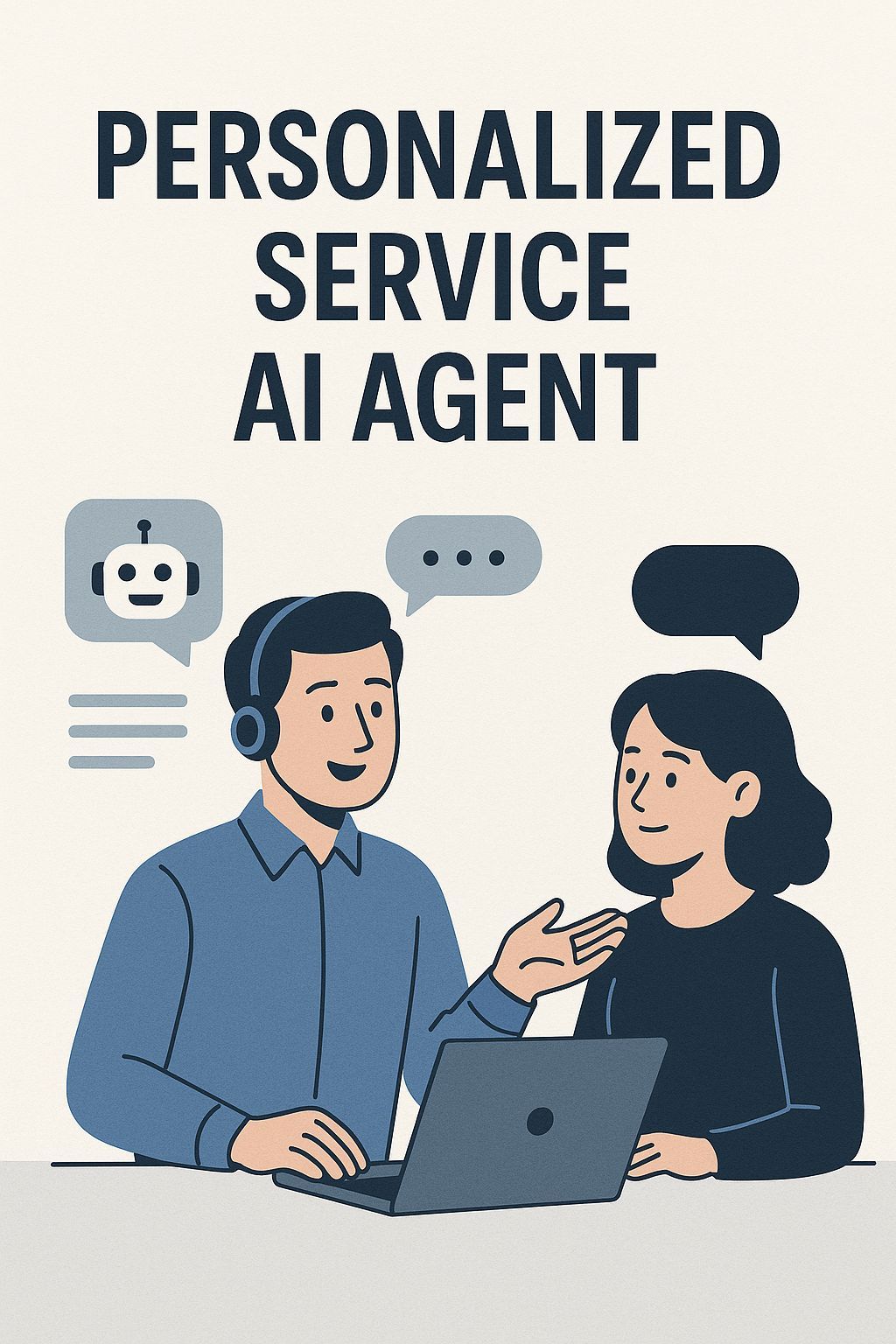

Orange County HVAC Google AI Overview Domination: 7 Proven Strategies to Capture Featured AI Results




